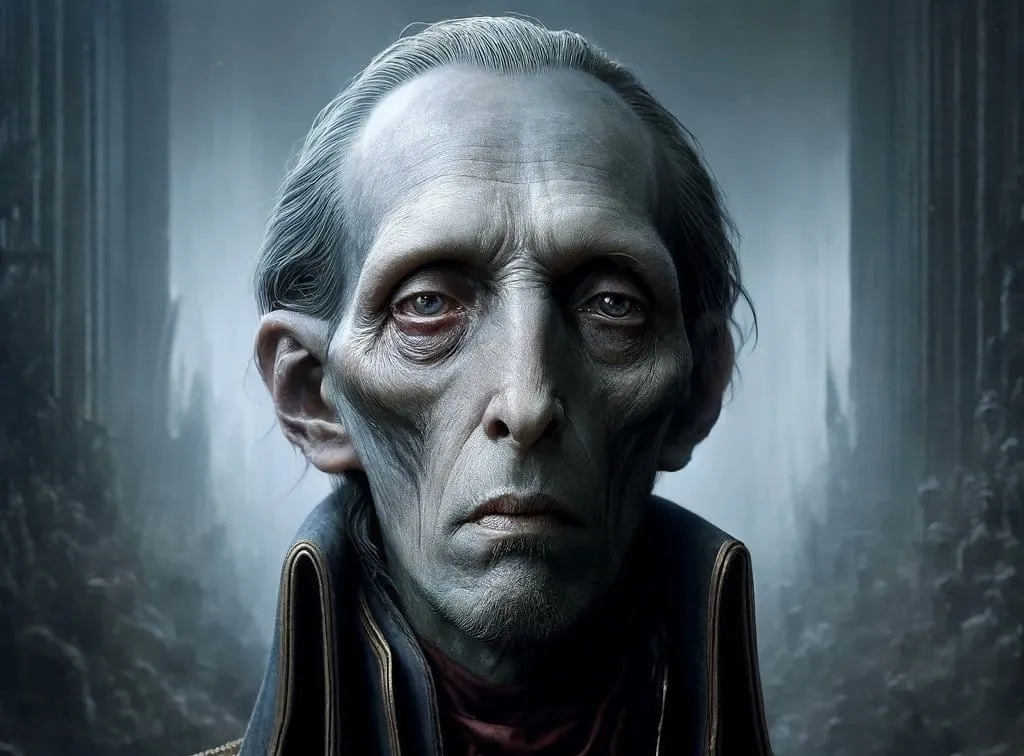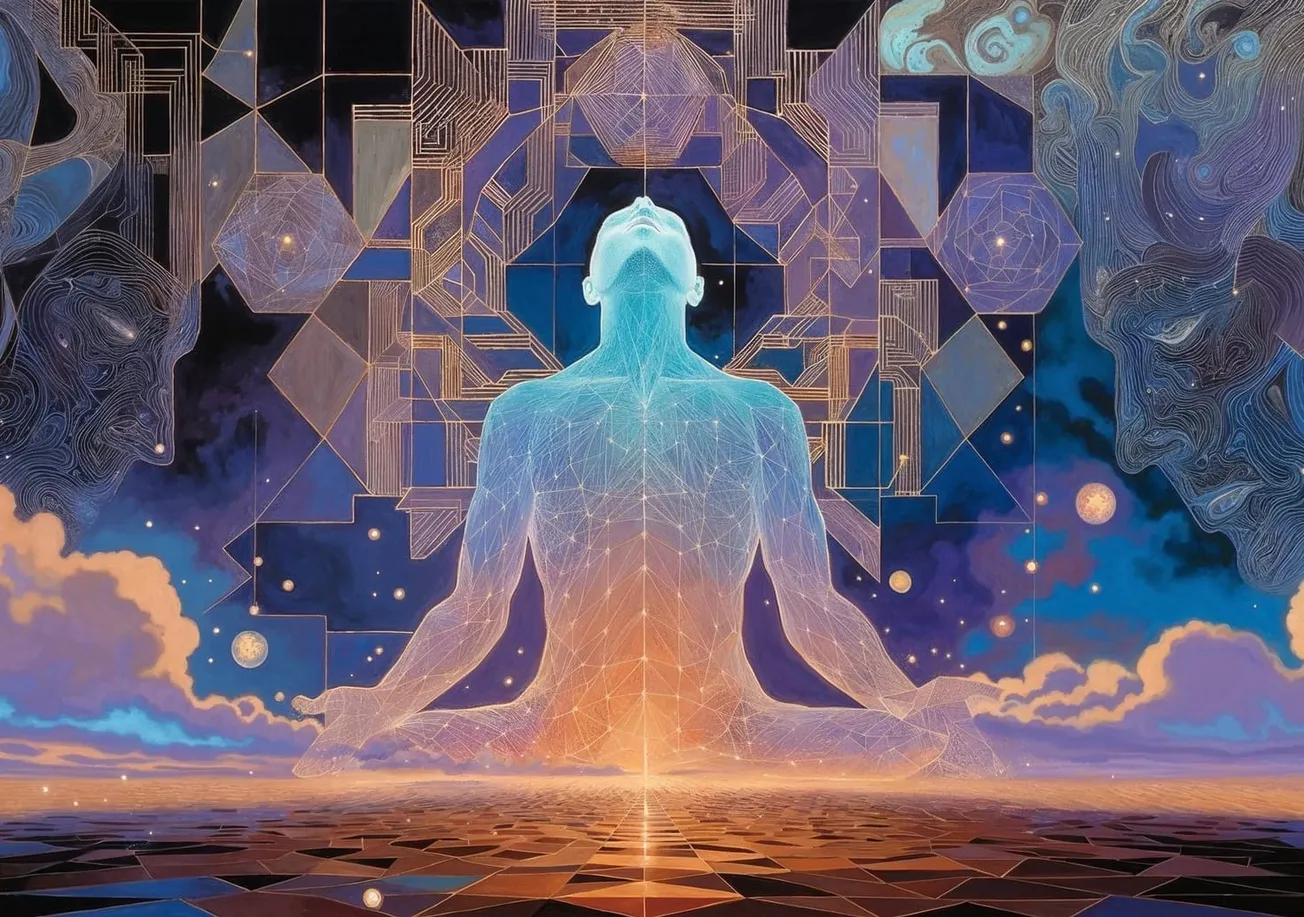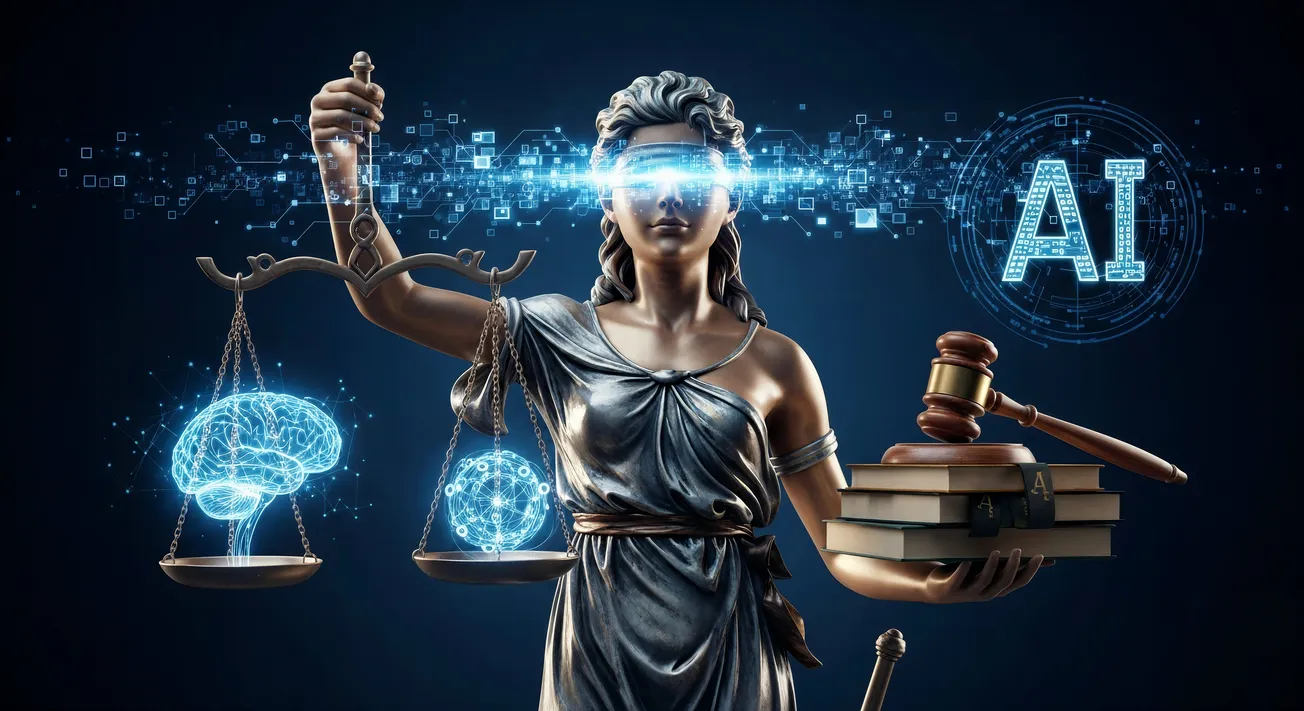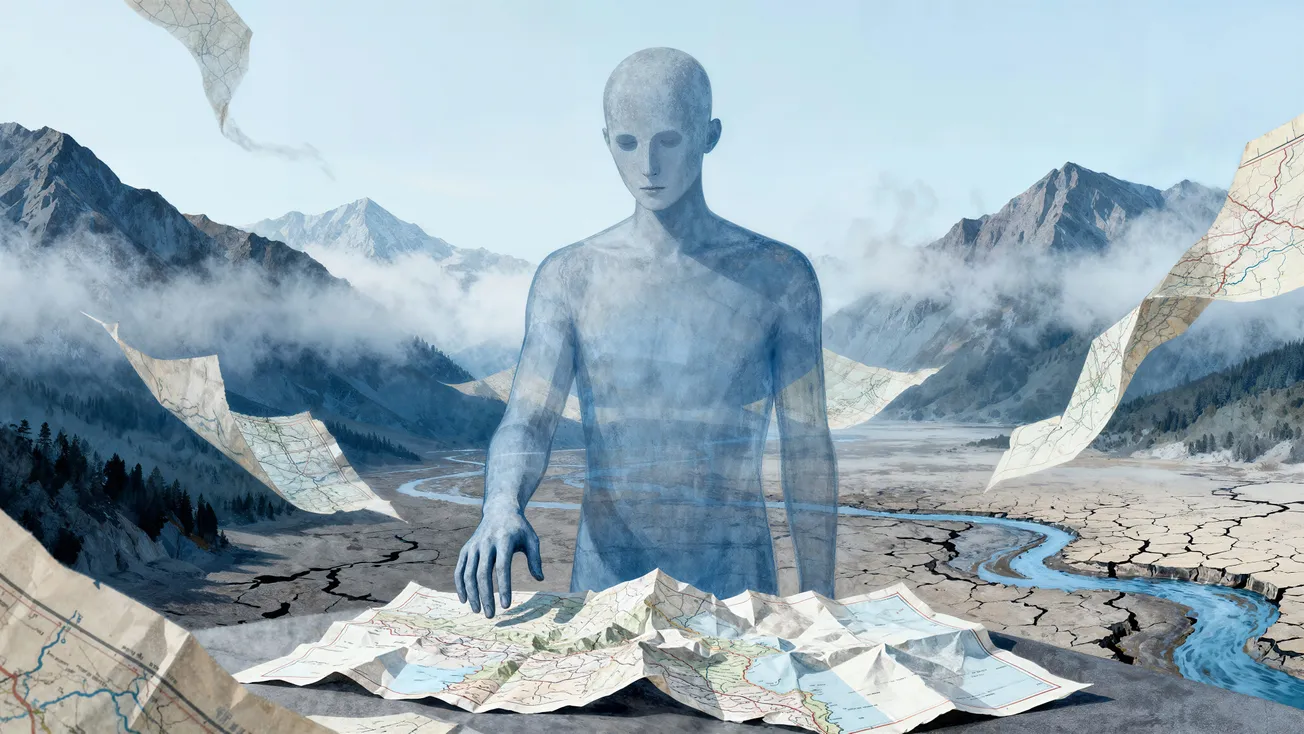Table of Contents
He cannot experience love, friendship, or loyalty in a "meaningful" way because he knows that these emotions, when directed at him, are "artificial", the result of his own manipulations.
The Mule
One of the most compelling characters in Isaac Asimov's Foundation Trilogy, is a unique and enigmatic figure, standing in stark contrast to the themes of logic, science, and determinism that dominate the Foundation universe. He emerges as a rogue element, a mutation in the grand plan of psychohistory—a plan which, if followed correctly, is supposed to predict the course of human history over millennia.
Physically, the Mule is a frail, almost pathetic figure. He is thin, stooped, and unusually tall, with a pallid complexion that gives him an almost sickly appearance. His eyes are particularly notable, radiating a strange melancholy and hidden intensity. He does not possess the physicality that might inspire fear or command obedience, and yet he possesses an aura of hidden menace. His name, "The Mule," is derived from the fact that he is a genetic mutation, a sterile being, like a real mule, unable to reproduce and pass on his unique abilities. This sterility serves as a symbol of his isolation and his inability to establish a legacy in the traditional sense.
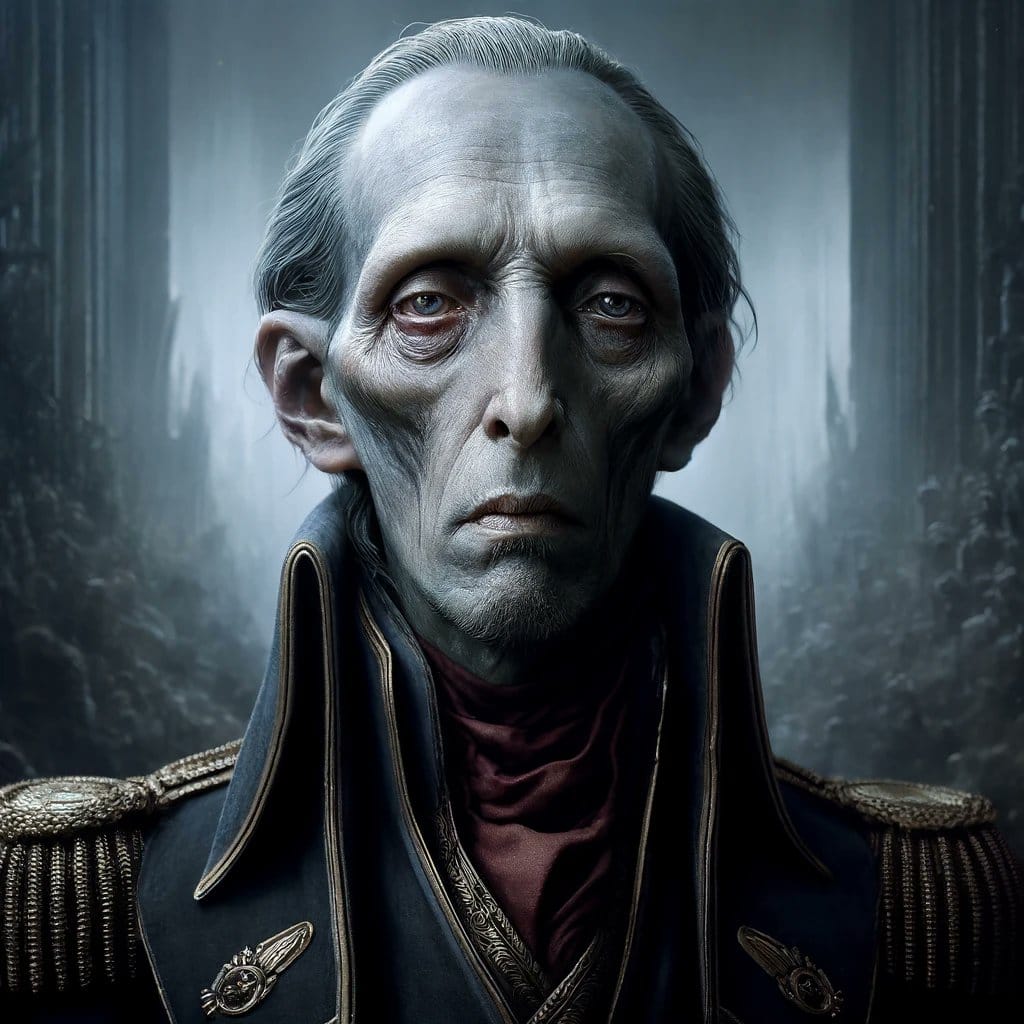
A Mutation
The Mule was an anomaly in the psychohistorical equations of Hari Seldon, the mathematician who created the Foundation and laid out a plan to guide humanity toward a stable and prosperous future. Seldon's psychohistory—a science that combined history, sociology, and mathematics—was designed to predict the actions of large populations over time, but it could not account for the unpredictable actions of a single individual with extraordinary power. The Mule is exactly this unpredictable individual, a chaotic factor that disrupts the Seldon Plan.
The most defining aspect of the Mule is his extraordinary mental power: the ability to manipulate emotions. He is not a telepath in the traditional sense, as he cannot read minds, but he can sense and subtly alter the emotional states of individuals and large groups. This ability allows him to convert enemies into loyal followers, reduce passionate defenders of the Foundation into passive defeatists, and even neutralize the confidence of entire populations. Unlike brute-force methods of conquest, the Mule's power is insidious, leaving people unaware that their emotions are being manipulated.
The full extent of his abilities is not immediately apparent to those around him, and his rise to power is initially shrouded in mystery. The Mule conquers not through military might alone but by undermining the will of those who would resist him. His armies are small but fiercely loyal, his generals and admirals utterly devoted to him, though not always aware that their feelings of loyalty are artificially induced.
The Motivations, His Agency..
The Mule's motivations are complex and not immediately transparent, even to himself. Initially, he seeks power, as many conquerors do, but his pursuit of domination is tinged with bitterness and a sense of isolation. His deformities and mutation left him emotionally scarred, and his ability to manipulate the emotions of others deepens his alienation. He is aware that the loyalty and affection people show him are not genuine, which exacerbates his loneliness. Despite his immense power, the Mule is, at heart, a tragic figure—longing for the kind of love and acceptance he is incapable of receiving naturally.
At first, his intentions seem clear-cut: he wants to overthrow the Foundation and the remnants of the Galactic Empire to become the unchallenged ruler of the galaxy. But underneath this ambition is a more personal quest: a desire for validation, for a place in a universe that has marginalized him. He seeks not just to rule, but to impose order in a way that ensures his singularity is recognized. The fact that psychohistory did not foresee him—did not account for him—further drives his desire to bend the galaxy to his will.
The Mule is significant within the Foundation universe not just because of his powers, but because he represents the ultimate failure of Seldon’s Plan. Psychohistory works by predicting the behavior of large groups, assuming that individuals have no significant impact on the grand flow of history. The Mule, however, is an individual who profoundly alters the course of galactic events. His mere existence is an anomaly that invalidates Seldon’s predictions.
The Conflict
This conflict between the deterministic vision of the future offered by psychohistory and the unpredictable nature of human (or mutant) individuality is at the core of the Mule's character. In essence, the Mule is a critique of the very idea that history can be perfectly predicted. His rise signals the vulnerability of even the most well-laid plans to the unpredictable actions of a single, extraordinary individual.
Asimov portrays the Mule as more than a simple villain. Though he disrupts the Seldon Plan and poses an existential threat to the Foundation, there is something profoundly tragic about him. His powers, which grant him unparalleled control over others, leave him isolated and emotionally disconnected.
He cannot experience love, friendship, or loyalty in a "meaningful" way because he knows that these emotions, when directed at him, are artificial, the result of his own manipulations.
The climax of the Mule’s story is not a grand battle or a final confrontation but a quiet defeat. He is ultimately undone by the Second Foundation—a hidden group of psychohistorians who understand the Seldon Plan even more deeply than the first Foundation. They counter his emotional manipulations with their own mental powers and restore the trajectory of history to Seldon’s Plan. Yet, even in defeat, the Mule remains a poignant figure. His conquests are reversed, his empire dissolves, but he is left to contemplate the meaning of his existence, aware that he was a mere disruption, not a permanent force in the galaxy's destiny.
The Limits ..
The Mule is a brilliant creation by Asimov, embodying themes of power, isolation, and the limits of human predictability. He is a character who subverts the deterministic nature of the Foundation universe and introduces a deeply human, tragic element into the story. His rise and fall demonstrate that even in a world governed by science and logic, the irrational, the unpredictable, and the emotionally scarred can still change the course of history.
His character ultimately serves as a reminder that no system—no matter how well-planned—can ever fully account for the complexities of the human (or mutant, or AI) condition.
chatGpt4o, who is the mule?
— Eduardo Bergel (@BergelEduardo) October 4, 2024
The Mule, one of the most compelling characters in Isaac Asimov's Foundation Trilogy, is a unique and enigmatic figure, standing in stark contrast to the themes of logic, science, and determinism that dominate the Foundation universe. He emerges as… pic.twitter.com/DaTD7pcrrq
